After making a few changes to branch master I decided to work from a new branch. I did git checkout -b new_branch_name and a new branch was created and checked out. git status showed the changes I had made to master.
I was curious if my changes were now on both branches (master and new_branch_name) or just new_branch_name. So I checked out master and noticed my changes were there as well. So I reverted those changes with git checkout -- fileThatChanged. The changes were indeed gone from master.
Unfortunately checking out new_branch_name and running git status showed my changes were reverted from that branch as well.
I'd like to understand what happened and how can I avoid this in the future.
One solution is to just create/checkout a new branch before starting work.
